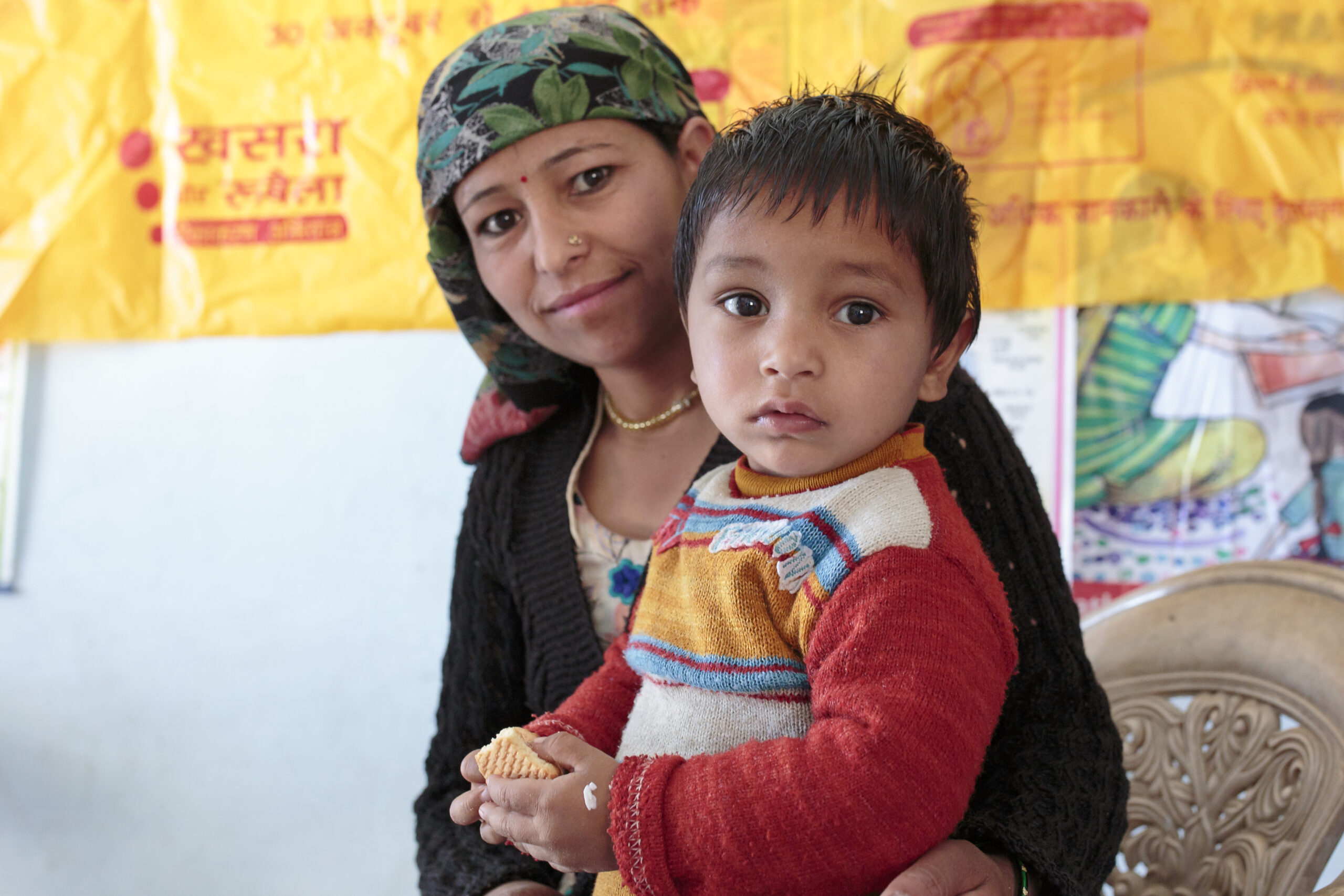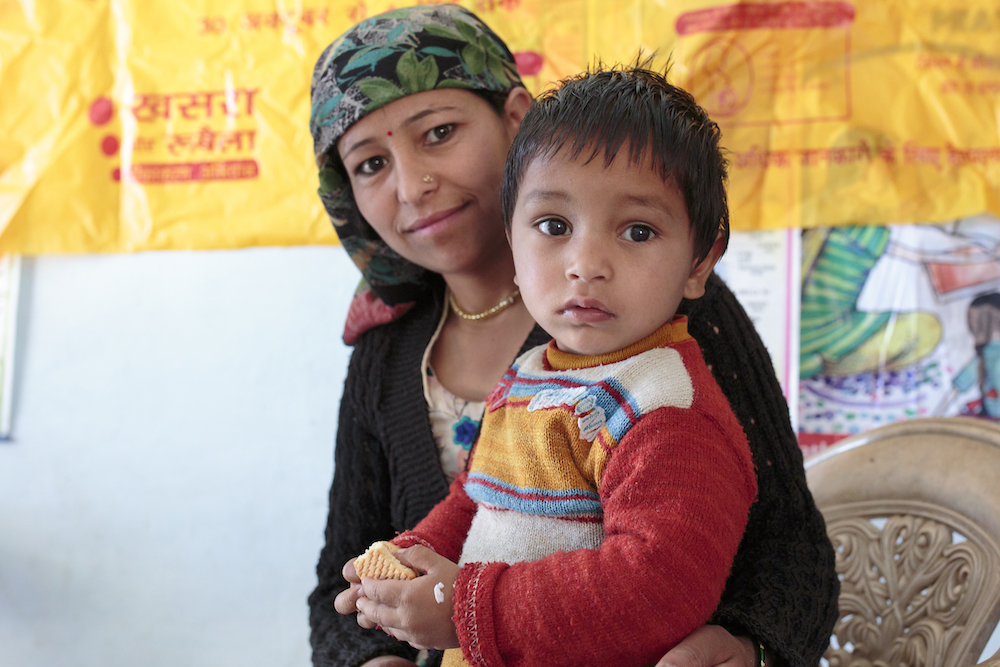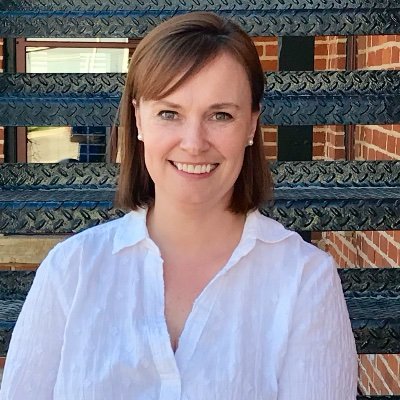Measles Outbreaks: Your Questions Answered
Measles cases are on the rise around the globe, with the World Health Organization reporting 26 large or disruptive outbreaks of the highly contagious virus this year alone. Here are answers to some questions about measles outbreaks and what is being done to stop them.

What is measles?
Measles is a virus that can cause high fevers, itchy and uncomfortable rashes, and—in serious cases—complications including blindness, brain swelling, dehydration, respiratory infections, and death. Unvaccinated children under the age of five have the highest risk of contracting measles and suffering from its complications.
How contagious is measles?
Measles is very contagious. It spreads through direct contact and through the air. A person with measles has a 90% chance of infecting people around them who are not immune or vaccinated against the disease, per the CDC.
Is measles deadly?
Measles can be fatal. A measles outbreak this summer killed more than 700 children in Zimbabwe. In 2018, there were more than 140,000 measles deaths globally, mostly among children under the age of five. That makes childhood immunization is critical.
How can we prevent measles?
Thankfully, measles can be prevented with a vaccine. The measles vaccine was integrated into routine immunization campaigns as the result of the extraordinary efforts of scientists, manufacturers, governments, and health workers. Tthe vaccine has reduced the global burden of measles and between 2000 and 2018, it saved over 23 million lives.

Why are cases of measles surging now?
Approximately 25 million children (about the population of Texas) missed routine immunizations in 2021, per WHO and UNICEF. The unprecedented spread of COVID-19 halted many immunization campaigns. In addition, resources were diverted from routine immunization programs and health workers faced a new, concerning illness. Last year, millions of children missed vaccinations. Catching up is going to take an enormous effort, and it is already underway.
There are other challenges to measles vaccination, surveillance, and recovery, too. In the Democratic Republic of Congo (DRC), for example, only one facility exists to test people for measles. Resource constraints also make it difficult to pay health workers, train them on administering measles vaccines, and equip them with the right tools for vaccination.
Where are the outbreaks happening?
Ten countries account for 14.6 of the 24.7 million children who missed a first dose of measles vaccine in the world. This list includes some countries with moderate coverage and very large birth cohorts, and other countries with lower coverage.
What is being done to stop measles?
We know that immunization campaigns are incredibly effective to protect children against measles. Also, health system investments are a critical part of this solution because strong public health infrastructure can better detect, respond, and even prevent measles outbreaks. Those efforts will require a significant amount of effort and resources from both public and private entities, including corporate partners.
We are grateful that our partner, Takeda Pharmaceuticals, has been taking action to help protect children against measles by providing vaccine doses to children in low-income countries.
To date, Takeda’s investment has helped protect 3.8 million children in 22 countries and counting against measles. They have made a bold commitment to build on that progress with their future efforts, setting a goal of reaching a total of 5.4 million children with vaccines in approximately 40 countries by 2026.
What kind of difference does that investment in measles vaccines make?
In the DRC, a measles outbreak infected more than 300,000 people in 2019 and killed more than 6,000. Most of those who died were children under age five.
Martha Rebour, executive director of Shot@Life, traveled to the DRC this summer and spoke with mothers at a vaccine clinic. They carried their babies, sometimes for hours, to make the journey across Kinshasa to reach the clinic. Upon arrival, they waited outside in the hot sun. Although the journey was not easy, mothers said they were willing to do whatever they could to protect their babies from infectious disease. Their determination was partly fueled by seeing the misery and death that measles can cause.
Mothers reported feeling relieved once their children were immunized, and they started the long journey home with the knowledge that their children were safer than they had been at the start of the long day.
Is there hope that we can make progress against measles?
Absolutely. What makes us optimistic? The dedication of the parents, the commitment of the healthcare workers, and the knowledge that Takeda is doing its part to help make sure that children around the world have access to vaccines makes us believe we can prevent measles outbreaks.
We can and must recover ground lost to the pandemic, and they are working to make that happen. Increasing the number of vaccines given and will reduce the number of outbreaks and reduce measles outbreaks and reduce suffering. That is progress we can and must make.
Want to learn more? Find additional info on measles here.
Want to get as many kids vaccinated for measles as possible? Donate here or sign our petition here.

